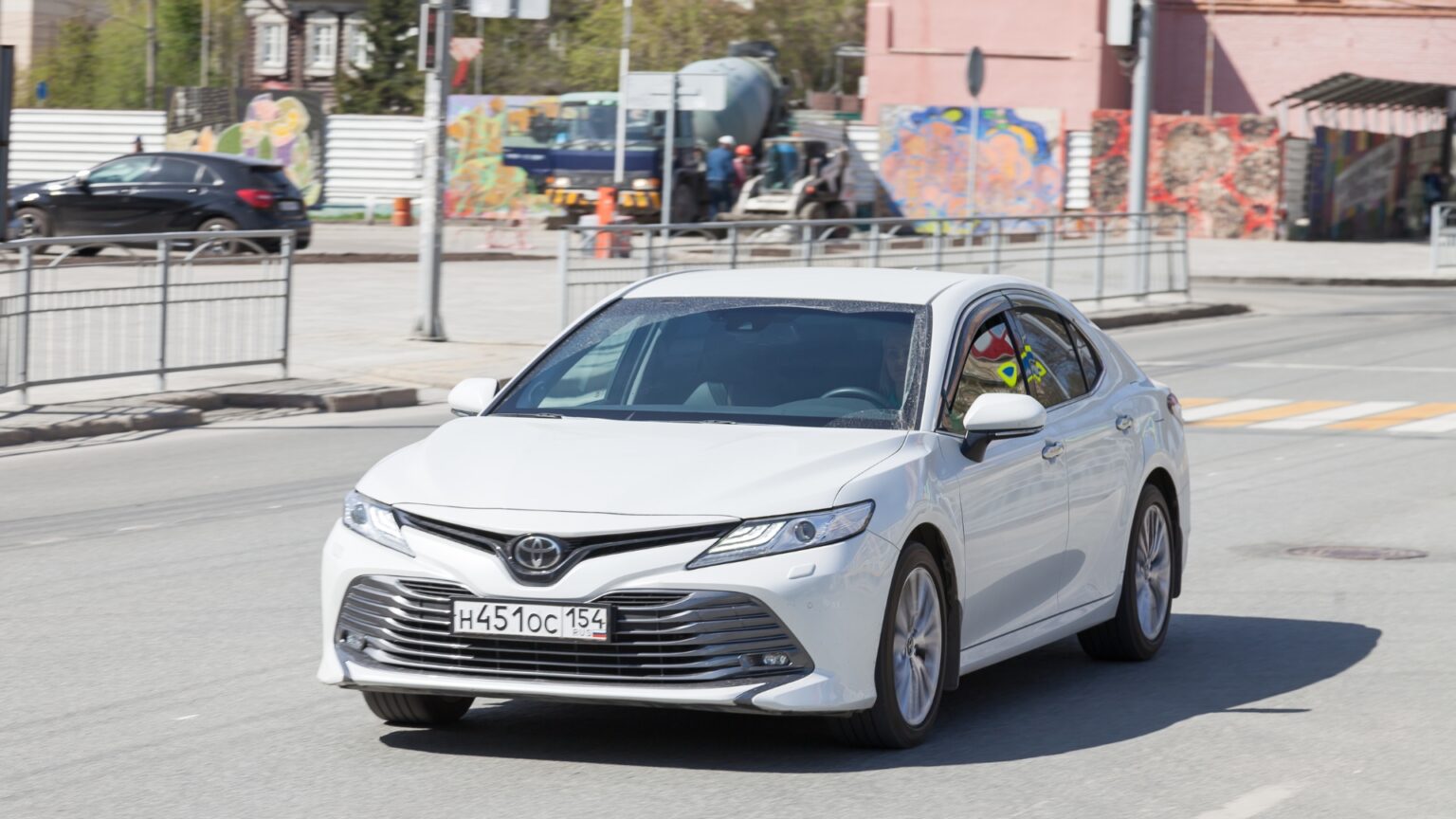In a significant legal development, Toyota Motor Sales, U.S.A. Inc., and First Element, Inc. are facing a class action lawsuit filed in the United States District Court for the Central District of California. The lawsuit, filed by numerous plaintiffs represented by the Ingber Law Group, alleges that Toyota engaged in anticompetitive practices to monopolize the hydrogen retail car market, specifically targeting their hydrogen-fueled car, the Mirai.
Allegations and Claims
The plaintiffs, a diverse group of consumers and California taxpayers, have brought forward several claims against Toyota and First Element. The primary allegations include:
- Violation of the Sherman Act (15 U.S.C. § 2): The plaintiffs accuse Toyota of tying their Mirai vehicle sales to use hydrogen fuel from specific providers, namely First Element, effectively limiting consumer choice and inflating fuel prices.
- Violation of the Cartwright Act (Cal. Bus. & Prof. Code, §§ 16720, 16727): Toyota allegedly has engaged in practices that prevent other clean hydrogen stations from entering the market, thereby maintaining its monopoly and manipulating market conditions.
- Monopolization of Retail Hydrogen Market: The plaintiffs claim that Toyota has willfully acquired and maintained monopoly power in the Hydrogen Retail Vehicle Market and the Hydrogen Retail Fuel Market through predatory and exclusionary conduct.
- Violation of the Magnuson Moss Act—Implied Warranty: The lawsuit also claims that the hydrogen fueling stations, often down and unfit for use, breach the implied warranty of the Mirai vehicles.
Background and Context
The complaint details a series of events beginning around 2010, when California State University, Los Angeles, built a clean-energy hydrogen fuel station with a state government grant. Despite meeting rigorous state standards and being operational, Toyota allegedly used its influence to remove the station from the Hydrogen Fuel Cell Partnership website, effectively blocking it from serving the public.
The plaintiffs allege that Toyota imposed retroactive and unrealistic fueling standards to prevent the university’s station and others from operating, thus stifling competition. According to the complaint, this was part of a broader strategy to control the hydrogen fueling infrastructure and maintain dominance in the market.
Environmental and Economic Impact
The lawsuit highlights the broader implications of Toyota’s alleged actions. The plaintiffs argue that Toyota’s strategy not only stifled competition but also led to the misuse of taxpayer funds, with significant sums spent to meet Toyota’s imposed standards. Moreover, the environmental impact is underscored by claims that Toyota chose to produce hydrogen from fossil fuels rather than greener alternatives, contradicting their marketing of the Mirai as a zero-emission vehicle.
Seeking Justice
The plaintiffs are seeking substantial damages, including treble, punitive, and restitution for the alleged economic and environmental harm caused by Toyota’s actions. Additionally, they demand injunctive relief to prevent Toyota and First Element from continuing their hydrogen operations under the current practices.
Implications for the Hydrogen Industry
This lawsuit is critical for the hydrogen industry, which is positioned as a key player in the transition to clean energy. The outcome of this case could have significant ramifications for how hydrogen fuel infrastructure develops in the United States and potentially set a precedent for other markets globally.
As the case unfolds, industry stakeholders, policymakers, and environmental advocates will closely watch it. If proven, the allegations could prompt a reevaluation of regulatory frameworks governing the hydrogen market and ensure fair competition and innovation in the sector.
